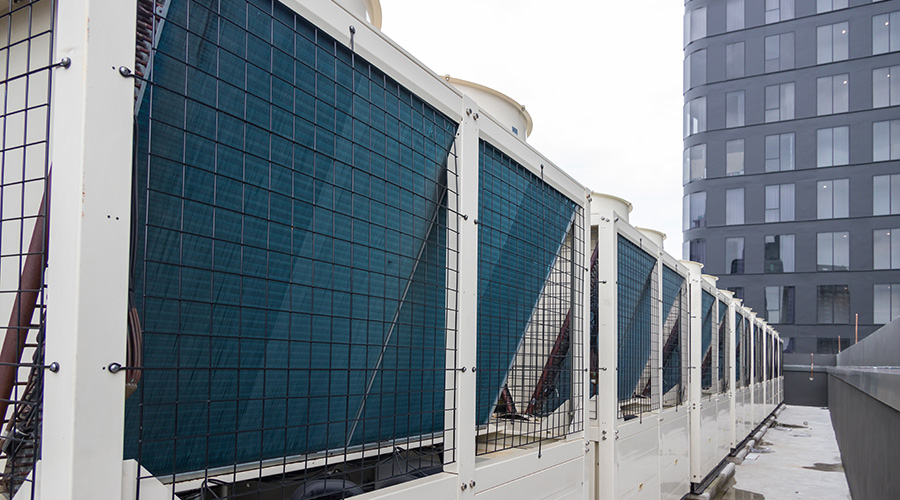Customized Training Helps Google Data Center Employees Get Up To Speed
Procedures and policies are necessary, but data center operations are only as good as the people performing them. New data center employees need to be able to get up to speed quickly. To help them do so, Kava has in place what he calls a "data center academy," which is a customized training program targeted at the job level.
"If you're a data center facilities technician, you're on one data center academy track; if you're a design engineer, you're on another," Kava says.
So, when an engineer or technician joins the team, they go through the program to learn their job responsibilities while becoming familiar with the culture of the organization and the company as a whole. The goal is to get them to a baseline level of knowledge before throwing them into the deep end, and then to keep them up-to-date on training and skills.
"You can't expect that everyone comes in with all the same background and all the same experiences," Kava says.
Challenging Ideas
One other aspect that sets Google apart from a lot of companies is the amount of responsibility employees are given. A peer review process is in place for both hiring and internal performance reviews, so the hiring manager or supervisor has only so much say in who gets a job or who gets a raise. In addition, the company has an internal culture that not only allows for challenges to the ideas of senior leadership, but encourages them. This is generally a positive, because it brings new perspectives and ideas; the standard is that you have to debate the idea, not the person, so if someone brings up a competing idea or solution, they need to have something to back it up with. However, it can lead to difficulty when it comes to hiring people in some places, Kava says.
"Here, in Google, it's perfectly reasonable for a first-level engineer to challenge the most senior person in the meeting as long as they're doing it based on data, and not just based on opinion or any personal type of agenda," he says. "In parts of the world, in certain cultures, that's not the norm. So we really look for people that are not necessarily the norm for that culture."
That culture of challenging ideas isn't just meant for meetings or strategy planning. It's also supportive of what Kava — and other Google senior leadership — wants in his employees, which is the ability to think on their feet and understand that what's going on may not be limited to the piece of equipment that's directly in front of them. It starts with knowledge of the systems — it's this cooling infrastructure, this generation of servers, and so on — but extends to being able to see how all the systems work together and how they can be maintained or designed in a holistic way.
"We have all the proper documentation — all of your specifications about how everything's supposed to work, control limits, your interface specifications and all that," Kava says. "But besides that, you still need really smart people who can sit there and think it through and look at it from a system perspective, not just an individual piece of equipment perspective."
Related Topics:















